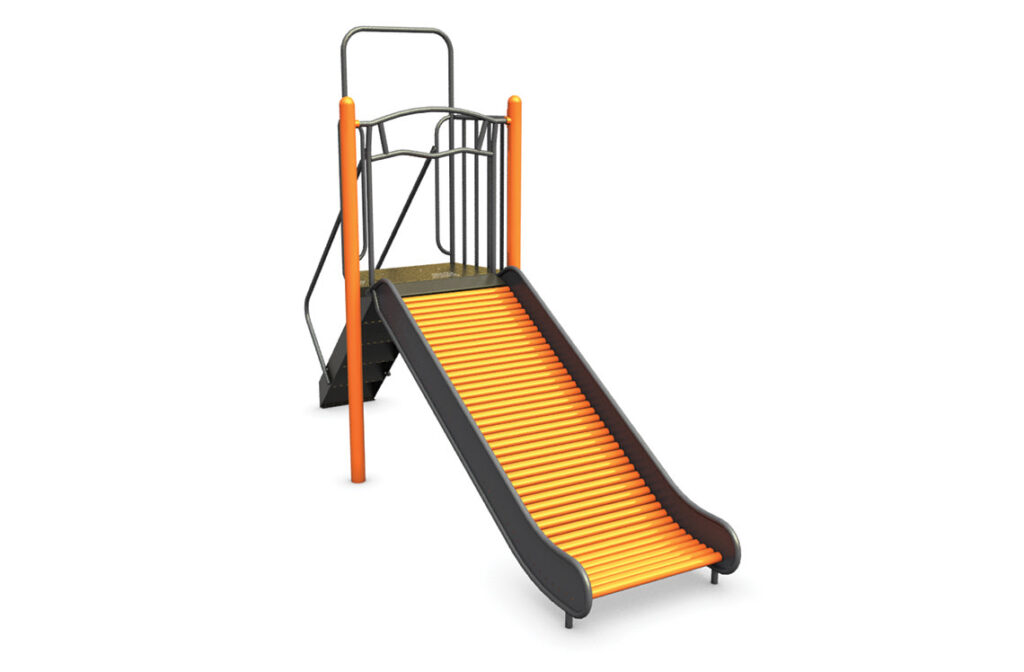Play is more than just fun; it’s how children build social-emotional relationships, learn, and grow. For many students with physical disabilities, the playground and outdoor physical education can become a place of exclusion rather than inclusion. Uneven surfaces, lack of appropriate paths or sidewalks, as well as equipment that doesn’t accommodate mobility devices, are just a few barriers often preventing students from fully participating in outdoor play. Accessible education outdoors is something often overlooked.
Recess is meant for students to create social connections, be physically active outdoors, and explore the power of play. The Recess Project is an American non-profit organization created by a mother who wanted her daughter with a disability to have the same opportunities during outdoor learning. Their mission is to create outdoor learning environments accessible to ALL students. Check out their story below.
The Rick Hansen School Program Guide goes more in depth on some of the accessible playground equipment mentioned in the video above. In this guide, you can find information about what accessible play is, what kind of equipment to buy and why, design tips for a wide range of abilities (ex., vision, hearing, and mobility disabilities as well as for students with autism spectrum disorder). They also have many additional resources and external resources near the bottom of the guide.



As mentioned in The Recess Project video, some opportunities for learning outdoors are including communication boards for nonverbal students outside, Braille boards, ASL boards, sensory stations, as well other adaptive ramps and pathways for students to get from point a to point b.
A resource that I’ve come across is outdoor classrooms. Outdoor classrooms can be accessible by creating flexible seating arrangements as well as clear and even pathways. From my own experience, it’s become clear students perform well when learning outdoors. Teaching everyday lesson outdoors at the outdoor whiteboard could be a wonderful way to get your class learning outside while still be inclusive to everyone’s needs.
Building accessible playground and outdoor learning spaces doesn’t just benefit those with disabilities. These small notions of inclusion enrich outdoor learning opportunities for everyone. Inclusion fosters empathy, creativity and collaboration. By providing all students equal opportunity for outdoor play and collaboration, students will foster the growth mindset “every peer deserves to learn and play.”
Reflecting on this post, I’m quite emotional. The story behind The Recess Project moved me to tears. It also made me more inclined to look around and be more intuitive when working in my community. I do know my community has a few accessible swings, but what else? There are so many children who aren’t able to participate in outdoor learning and play. I believe every child deserves to have the same social-emotional learning experiences – which mainly happen during recess or other outdoor activities. This post has motivated me to be a voice for access to playground and outdoor learning spaces for all learners as an educator.

Sorry, but comments are not enabled on this site.